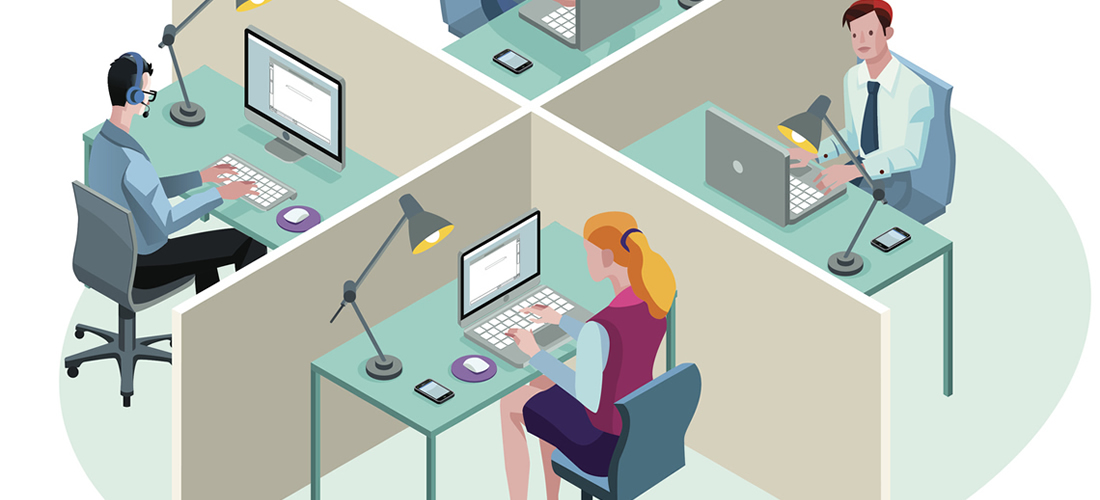Four Actions to Adopt Today
While many of us don’t remember – or perhaps choose not to remember – much of our undergraduate education, there are likely still a few significant people or classes that affected you during those four or five academic years. And while I’ll admit that much of college is a hazy, dim memory for me, one class continues to weigh on my mind more than 30 years later: 20th Century African-American Literature and its instructor, Dr. Saunders. The class was really no different than any other 400-level literature course: renowned authors, towering classics, questionable interpretations, and four papers.
But one thing Dr. Saunders said stuck with me to this day: “Some of you will never fully understand the black experience in America.”
Being white, I was always rather bothered by that statement. I was progressive, forward-thinking, and empathetic. I read Invisible Man and Their Eyes Were Watching God, got A’s and B’s on my papers, and paid attention in class – so why could I not understand the black experience? After all, people are people, right? What could possibly be so different?
Fast forward to the events of 2016 – and trust me, this is not political in any way – but it was a year marred by lack of understanding of the experiences of African Americans, Hispanics, Muslims, the LGBTQA community, the poor, law enforcement, blue-collar workers, women, and many other minority groups.
This is where I continue to hear Dr. Saunders’ words: “Some of you will never fully understand the black experience in America.” The idea has simply evolved from “the black experience” to “anyone else’s experience.”
Dr. Saunders, you were right. I can’t fully understand the black experience, but I continue to try.
Learning to Manage Our Unconscious Bias – It’s Part of Human Nature
There is a fundamental lack of understanding toward many groups, and for many people, there does not seem much desire to fix this. Why is this? Are Twitter, email, and texting the culprits? Anonymity on the internet?
I’ve had the privilege of working for Root Inc. for quite a bit of my professional life. Over those 15 years, I have had the honor of working not with companies, but with the people in those companies. We have this crazy saying at Root that “dialogue is the oxygen of change,” and while it sounds a bit wonky, it is so true.
Much of my work has focused on diversity and inclusion initiatives, and more recently, unconscious bias. Whether or not you want to admit it, we are all programmed to make biased decisions. According to a report published by NeuroLeadership Institute, “Individuals are notoriously poor at recognizing and controlling their own biases – in fact, our brains are wired to promote fast, efficient information processing.”
Despite the fact that this behavior is a fundamental quality of the human mind, we now know it’s not usually a good thing, especially in the workplace. Many studies and articles written about unconscious bias show that it has created a corporate America dominated by one gender and one race. It’s time we all put more effort into learning to manage our unconscious bias.
Four Ways to Help Manage Our Unconscious Bias at Work
While there is no magic fix for eradicating unconscious bias, there are things we can do to help prevent these biases from negatively impacting our workplace. These four steps can help us start to manage unconscious bias at work.
- Acknowledge biases. We need to accept ownership and recognize that we all have unconscious biases, and then challenge ourselves to identify what biases we bring to the table.
- Be aware. We need to reflect on the negative and long-lasting impact our unconscious biases can have on others.
- Be proactive. We need to develop preventative measures to ensure our unconscious biases aren’t limiting us from making the right choices.
- Have discussions. We need to have structured conversations about delicate, personal topics and include colleagues from different areas and walks of life in them. We also need to share experiences and develop a bit of empathy for others, which have been rewarding experiences for me and, I think, for my clients too.
More Talk, Less Text
I believe that now more than ever we need to talk more and use text less. And while there are human experiences that I will never fully understand, I will keep trying.
Let’s have a conversation. Have biases and misconceptions impacted you at work? How were they resolved?






